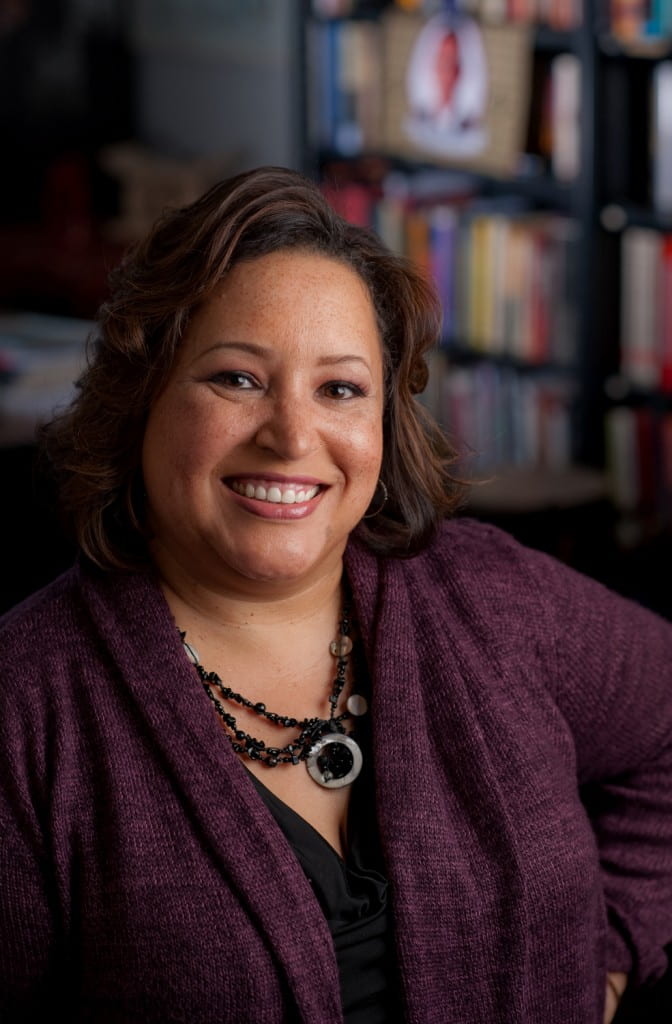New book offers insight into world of enslaved women in early America
UCI professor fleshes out the life of Charity Folks, once just a name on a document

“Charity Folks is a ghost of slavery who refuses to be silenced,” writes Jessica Millward, associate professor of history at the University of California, Irvine, in the prologue to her new book, Finding Charity’s Folk: Enslaved & Free Black Women in Maryland (University of Georgia Press, 2015). Folks, a slave until the age of 40, existed only as a name on a 1797 document found in the Maryland State Archives that granted her freedom until Millward decided to “listen to the silences” and uncover her story.
For 15 years, Millward has pieced together the fragments of Folks’ life. A social history, Finding Charity’s Folk incorporates personal accounts, oral history, photos and artifacts – all found outside the archives – to paint a full picture of a woman’s life from enslavement to freedom. In the process, Millward literally found Folks’ folk – capturing a genealogy that might otherwise have been lost to time.
“Our knowledge of the enslaved tends to be male-dominated and focused on those who have fled bondage, such as Frederick Douglass, or those who have plotted rebellions, such as Nat Turner. Charity Folks’ story gives us new insight into the world of enslaved women, taking us through the range of lived experiences – from reproduction to motherhood, experiences with power and legal culture, from bondage to freedom, and what life can look like after slavery,” Millward said.
In fact, historical research on slavery in Maryland centers upon Baltimore and such notables as Kunta Kinte, the Gambian enslaved and taken to America in 1767 and featured in Alex Haley’s best-selling book Roots; Frederick Douglass, a fugitive slave and abolitionist; and Harriet Tubman, an abolitionist and civil rights activist. Millward’s hope is that Charity Folks also becomes a household name in the discussion of freedom fighting.
Folks’ story speaks to the ripple effect that agency and negotiating for one’s freedom can have on future generations. She had five children and amassed at least four properties in Annapolis, and many of her descendants have been committed to uplifting the lives of, and possibilities for, African Americans. Folks’ genealogy – which Millward painstakingly traced – includes the Rev. Hutchens Chew Bishop (1858-1937), who served as rector of New York City’s St. Philip’s Episcopal Church, one of the country’s largest and most important Episcopal churches.
In the epilogue to Finding Charity’s Folk, Millward writes: “If the story of Charity Folks and other enslaved women is any indication, what we do matters. The stories of enslaved women and black women more generally are crucial to our understanding of the long arc of the fight for freedom.”